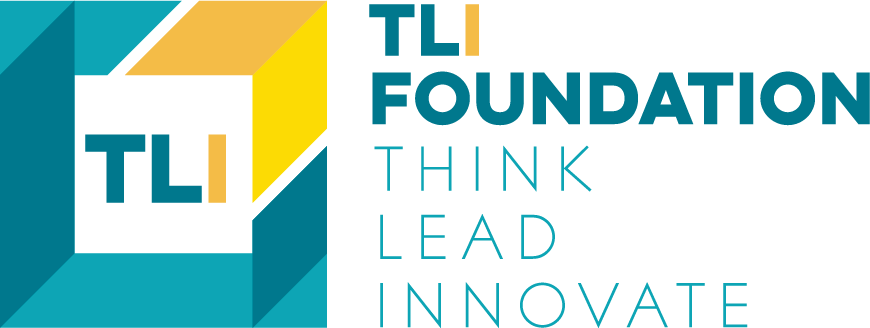A Milestone Event for the Autism Knowledge Gateway (AKG)
Enthusiastic response from clinicians attending the 2025 meeting of the Medical Academy of Pediatrics and Special Needs (MAPS) to participate in the AKG pilot program
TLI continues advancing the Autism Knowledge Gateway (AKG) mission to improve healthcare for autistic individuals by bridging medical research and clinical practice. We commend the MAPS team for their overwhelming support of AKG and reaffirmed our commitment to collaboration at the MAPS 2025 Spring Conference. Represented by Casandra Oldham, Director of Autism Programs, and Keri Schoenbrun, Director of Development, TLI engaged with over 400 dedicated practitioners—the largest gathering in MAPS history—alongside an impressive array of exhibitors, strengthening our shared goal of enhancing care for children with Autism Spectrum Disorders and related conditions.
This conference not only deepened our understanding of the challenges at hand but also highlighted a wave of enthusiasm among medical professionals striving to improve the lives of autistic individuals.
Bridging the Gap Between Research and Practice
As we reflect on an energizing three-day journey, during which attendees learned all about the latest developments in medical research and technology that could help them provide better care to special needs children and their families, we want to share a recurring theme: a nearly unanimous understanding among clinicians about the challenges autistic individuals face. Despite a vast body of research addressing key health challenges in autism, this information often remains fragmented and underutilized in direct care conversations.
Clinicians recognize that the sheer volume of peer-reviewed research is both a blessing and a curse. While it offers valuable insights, it is scattered across countless publications that are not always aligned with the fast-paced nature of medical visits.
Moreover, the complex and diverse physiological profiles of autistic individuals add another layer of difficulty in translating research into actionable care strategies.
A particularly encouraging moment came when we learned that 100% of the providers we engaged with eagerly enrolled in the free AKG pilot program. Their readiness to interact with our platform, provide critical feedback and help refine our AI-driven solutions was a strong affirmation of the pressing need for more accessible and organized research.
This feedback has already spurred us to consider improvements that will ultimately empower clinicians to deliver better-informed and more timely care.
Expanding Traditional Medical Engagement
Another exciting observation at the conference was the growing presence of allopathic pediatricians and family medicine practitioners. Traditionally, the model of conventional medicine has struggled to address the intricacies of complex conditions.
This care gap has left room for complementary approaches to treating ASD, such as alternative providers of integrative medicine. However, with the rising prevalence of autism, it’s clear that relying solely on alternative providers is not a sustainable solution. What we witnessed at MAPS was a heartening trend: a significant number of traditional medical professionals are stepping forward to broaden their expertise.
We heard from rural providers, for instance, who expressed determination to serve vast geographic regions with limited medical resources, and from practitioners in economically challenged communities, driven by a belief that quality care should be a universal right, not a privilege.
Fostering Real-Time Collaboration
Perhaps the most thrilling revelation was the palpable interest in the new AKG Discussion feature, providing a platform where ideas, challenges and successes can be exchanged openly among peers. This collaborative approach not only enriches individual practice but also builds a community that learns and grows together.
Many clinicians expressed how isolating it can feel to navigate the complexities of autism care alone, especially when immediate second opinions or shared experiences are crucial. While the promise of direct access to tens of thousands of peer-reviewed articles was impressive, it was the potential for real-time collaboration via the Discussion feature that truly resonated with the attendees.
Energized for the Future
MAPS 2025 reinforced TLI’s commitment to making a tangible difference in the lives of autistic individuals. The shared understanding of our mission, the proactive involvement of a broader spectrum of medical professionals and the enthusiastic reception of innovative collaboration tools highlight that we are on the right path.
The conference has energized our team to further refine our approach, ensuring that vital research becomes an integral part of every care conversation.
For more information on the Autism Knowledge Gateway view our website here: Autism Knowledge Gateway — TLI Foundation
